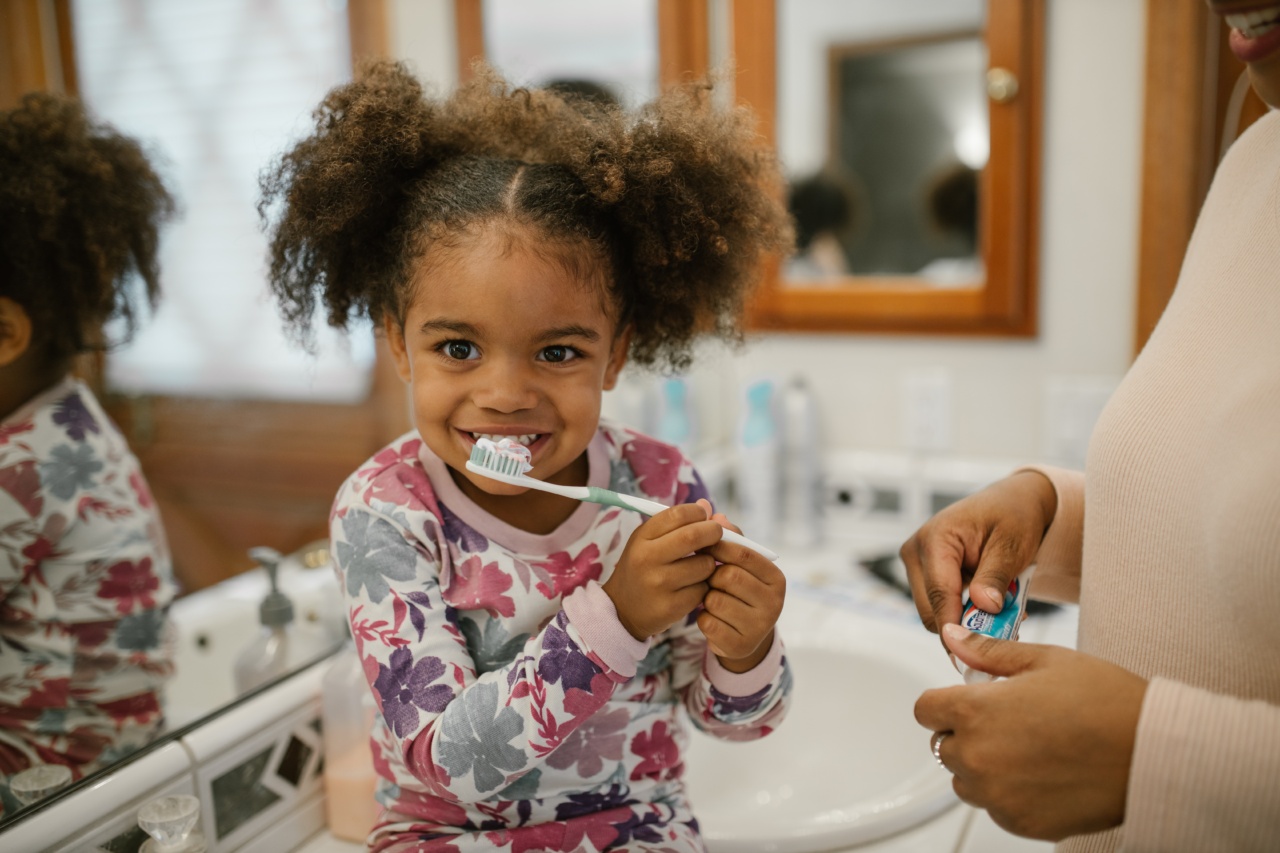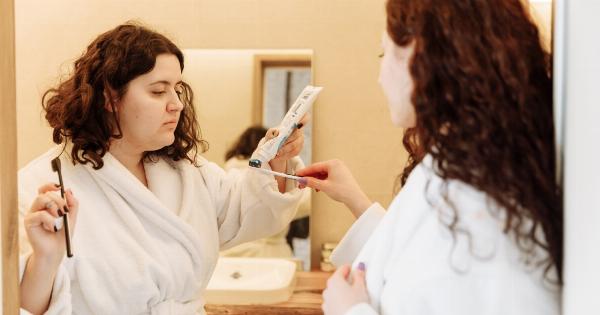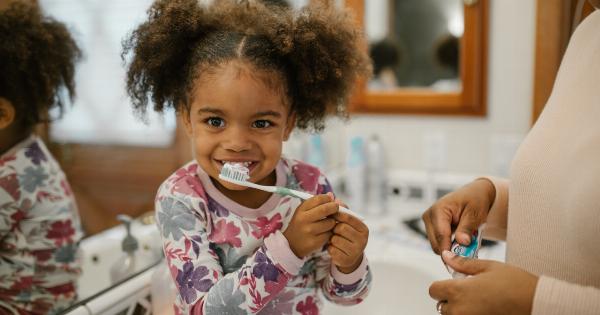Establishing good oral hygiene habits at a young age is crucial for the overall health and well-being of children.
Tooth brushing is an essential part of maintaining dental health, but it can often be challenging to get children to brush their teeth effectively. In this article, we will discuss some tricks and tips for effective tooth brushing with children, ensuring that they develop good oral hygiene habits that will last a lifetime.
1. Lead by Example
Children learn by observing and imitating their parents or guardians. Set a good example by demonstrating proper tooth brushing techniques yourself. Make it a family activity and encourage your child to brush their teeth alongside you.
2. Choose the Right Toothbrush and Toothpaste
Use a toothbrush specifically designed for children, with soft bristles and a small head that can easily reach all areas of their mouth. Select a toothpaste that is safe for children and comes in fun flavors that they enjoy.
Avoid fluoride toothpaste until the child is able to rinse and spit properly.
3. Make it Fun
Tooth brushing time doesn’t have to be dull and boring. Find ways to make it enjoyable for your child.
Sing a tooth brushing song, use a timer or a toothbrushing app with colorful visuals and sound effects, or let them choose a toothbrush with their favorite cartoon character.
4. Create a Routine
Establish a consistent tooth brushing routine from an early age. Aim for brushing at least twice a day, in the morning and before bedtime. Consistency helps children understand that tooth brushing is a non-negotiable part of their daily routine.
5. Use Proper Technique
Show your child the correct way to brush their teeth. Teach them to brush in gentle circles, ensuring that they clean all surfaces of each tooth, including the front, back, and chewing surfaces. Emphasize the importance of brushing the gum line as well.
6. Monitor and Supervise
Children need supervision and guidance until they develop the skills to brush their teeth effectively on their own.
Monitor your child’s brushing technique to ensure they are using the correct motions and spending enough time brushing each quadrant of their mouth.
7. Offer Rewards and Incentives
Motivate and encourage your child to brush their teeth by offering rewards or incentives. Create a sticker chart and let them add a sticker each time they brush their teeth without any reminders.
Once they accumulate a certain number of stickers, reward them with a small treat or activity of their choice.
8. Let Them Choose
Allow your child to have a sense of autonomy and control by letting them choose their toothbrush and toothpaste. Take them to a store and let them pick out a toothbrush in their favorite color or design.
Allowing them to make choices empowers them and makes tooth brushing more enjoyable.
9. Teach the Importance of Oral Health
Explain to your child why oral health is important. Help them understand that brushing their teeth prevents cavities and gum diseases, and keeps their smile bright and healthy.
Use age-appropriate language and visual aids to convey the message effectively.
10. Be Patient and Persistent
Some children may resist tooth brushing or find it challenging to brush properly. Be patient and persistent in teaching them good habits. Offer gentle reminders, praise their efforts, and provide assistance when needed.
Over time, they will develop the skills and understanding necessary for effective tooth brushing.
Incorporating these tricks and tips into your child’s tooth brushing routine will help establish good oral hygiene habits that they will carry into adulthood.
Remember to make it a positive and enjoyable experience, and seek professional dental advice if you have any concerns regarding your child’s oral health.




























